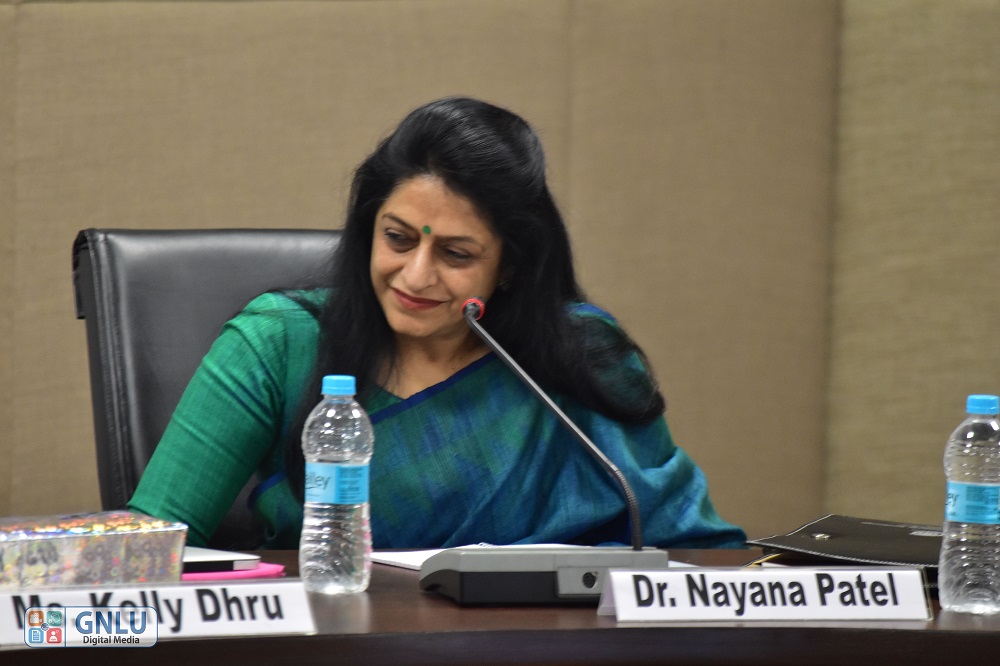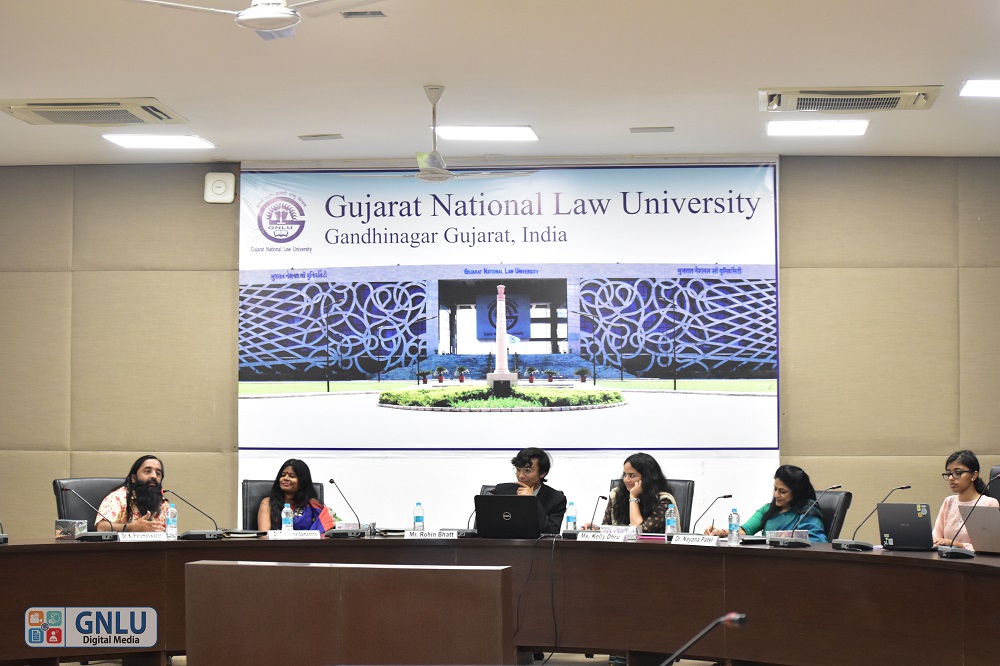The emerging field of "Bioethics" has been traditionally considered to be an interdisciplinary study of problems created by biological and medical progress (micro and macro-social level), and its impact in society and value system, both for now and for the future. But it has also expanded to include environmental ethics, animal rights, etc.
Bioethics concerns for ethical questions involved in human understanding of life. It was born by the necessity for a critical reflection about ethical conflicts, which are caused by the rapid progress in life science and medicine. Technological and medical tools play an important role in society and society, in turn, gets affected by the progress in these fields.
It is important to know that bioethics does not defend a particular moral attitude nor offer determinant and definitive answers, but it searches a grounded, critical, and argumentative reflection centred in the singularity of a concrete situation. In the US, modern bioethics got its start with medicine and medical research. The culture of those fields had long favoured the needs of doctors over those of their patients, and the needs of researchers over those of their participants. Doing so set the stage for serious atrocities to take place, like the Tuskegee syphilis experiment. Bioethics started emerging in the late 1960s and early 1970s as a way to push back, change the culture of medicine, and prevent future atrocities, but has now evolved into a full-fledged academic and professional discipline.
Bioethics started emerging in the late 1960s and early 1970s as a way to push back, change the culture of medicine, and prevent future atrocities, but has now evolved into a full-fledged academic and professional discipline.
Indian Bioethics Project is an independent project under Gujarat National Law University, which aims at contributing to the Indian discourses on the intersections between Bioethics and Law.
There has hardly been a time in Indian history when the Indian traditions have not been in transition, except perhaps hypothetically at the very beginning of Indian civilisation. India may appear to be a culture wrapped in its past, possessed by religion, and aglow in its mystical tradition.
By dealing with questions of right and wrong, ethics operates quite closely with religion, and historically, there have indeed been many intersections between religion and ethics. Given the religious plurality of India, which also adds to the cultural diversity, Indian ethics and particularly Indian Bioethics may have lessons for the pluralistic world.
India speaks in many voices, and this polyphony makes it difficult to articulate a singular judgment. An evocative metaphor often employed to capture the spirit of the tradition is that of a palimpsest, an ancient parchment upon which generation after generation inscribe their messages layer upon layer, and yet no succeeding layer completely erases or hides what was previously written. Religion has historically influenced Indian society on a political, cultural and economic level. There is a sense of pride associated with the country’s rich religious history as the traditions of Hinduism, Buddhism, Sikhism and Jainism all emerged out of India. The study shall serve as a guide for academics as an unprecedented teaching tool. It will help the policy makers frame effective policies by taking into account that the society is not homogenous and that religion plays a major role in ethical decision making, and even more so in the Indian Society.
The research will aim to enhance and advance conversations in bioethics in India by conducting the following activities:
Issues at the Beginning of Life:
Issues at the End of Life:
Questions about Neurotechnology:
GNLU INDIAN BIOETHICS PROJECT Panel Discussion on ‘Surrogacy : The Ethical Dilemma’ (3 March, 2020)


Concept Note:
The questions surrounding the legality of surrogacy operate in the middle of deep ethical, economic, and emotional marshes. On the one hand, there are the emotional and social pressures around parenthood and continuing one’s bloodline, and on the other hand, a potentially multimillion dollar industry makes an offer to women living in abysmal condition to improve the lives of themselves and their loved ones, simply by consenting to be surrogates. In the midst of such a constellation, what are the appropriate boundaries for the law to draw around the permissibility of surrogacy? Who should or should not be the commissioning parents, and who can be a surrogate mother? To what extent is a surrogacy agreement that of commodification of the human body, and not in contravention to human dignity? Can the decision to “rent out” one’s womb ever be a fully autonomous decision? And to what extent is autonomy a criterion for the permissibility of surrogacy in the first place? What is the role of culture and gender roles surrounding questions of the womb, and the division between naturalness and artificiality?
These are some of the questions that surround the Surrogacy (Regulation) Bill 2019, which has now got the clearance of the Union Cabinet, after having been sent to the Select Committee by the Rajya Sabha. What are the undercurrents and implications of the Bill? Come find out at the panel discussion!
Some of the question that the Panel aims to address are:
Dr. Nayana Patel: Dr Patel is the medical director of Akanksha Hospital and Research institute, Anand, Gujarat, India. Dr. Patel had started IVF centre “Akanksha infertility and IVF Clinic” in small town of Gujarat in 1991, to give a helping hand with modern techniques to many infertile couples. She has been invited in Oprah Winfery Show-October 9, 2007; Documentary: National Geographic: “Womb of the World” and BBC: “House of Surrogates. Her achievement includes: Asia’s 1st & World’s 5th case of surrogate grandmother- January 18, 2004; 1st transnational surrogacy case; 1st Human Milk bank has been established at AHRI to provide milk, free of cost, to needy babies; 1111 surrogates babies born till June, 2016.
Dr. Tannistha Samantha: Dr. Tannistha Samantha is Assistant Professor in the discipline of Humanities and Social Sciences, Indian Institute of Technology, Gandhinagar. Trained as a social demographer, her research is located research at the interdisciplinary crossroads of family sociology and gerontology by blending quantitative and interpretive approaches.
Dr. K Parameswaran: Dr. K Parameswaran is an Associate Professor and former Dean of Academic Affairs of GNLU and has a teaching experience of over 20 years. His research interests lie in examination of Law, Religion, Spirituality & Justice. He is also the member of Governing Board, Auroville Foundation, Govt. of India (MHRD) & UNESCO, World Commission on Environmental Law (IUCN),International Consortium for Law & Religion Studies (ITALY).
Ms. Kelly Dhru: Kelly Dhru a Graduate of Gujarat National Law University (2004-2009). She holds Bachelor of Civil Law & Master of Philosophy in Law from University College, University of Oxford. She completed her LLM from Harvard Law School as Fulbright-Nehru Master’s Fellow in Public Health Law & Bioethics. Kelly, a founding member and Director-Research at Research Foundation for Governance in India, co-founder at Lawtoons, theatre-artist and project coordinator at Darpana for Development.. Currently, Kelly is doing her PhD on Emerging Neuro-technologies, Legal Personhood & Concept of Legal Rights at Hamburg University in Germany.
Mr. Rohin Bhatt: Rohin Bhatt, a fourth year student of Gujarat National Law University with a strong interest in feminist approaches to bioethics and the cultural relativism in the study of medical ethics. He has attended the 13th Sherwin B Nuland Institute in Bioethics at Yale and has presented his work at multiple national and international conferences including the Oxford Global Health and Bioethics international Conference. The panel will be moderated by Mr. Rohin Bhatt.
GNLU Indian Bioethics Project
Gujarat National Law University
Attalika Avenue, Knowledge Corridor, Koba,
Koba (Sub P. O.), Gandhinagar - 382426 (Gujarat), INDIA.
Phone No. : +91-79-23276611/12
Mobile No: +91-8128650855
E-mail: gibp@gnlu.ac